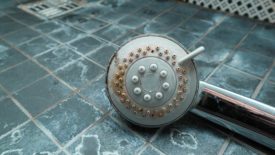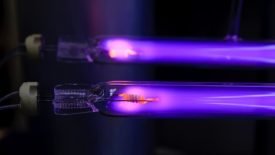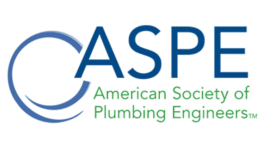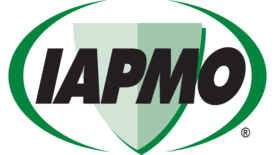Home » Keywords: » Legionella
Items Tagged with 'Legionella'
ARTICLES
Plumbing Talking Points | David Dexter
New products provide a step in the right direction.
Read More
PM Video Podcast
Best practices for Legionella prevention in plumbing systems
Discussing prevention and mitigation strategies with Special Pathogens Laboratory’s Dr. Janet Stout.
October 18, 2023
Legionella — we don’t all need to be experts, but awareness is key
There is no ‘one’ way to protect a building from Legionella 100%.
May 15, 2023
Can we end Legionnaire's disease with smart plumbing design?
Flushing alone will not stop Legionella.
May 10, 2023
James Dipping: Remediation tactics for Legionella outbreaks
What to do if Legionella is found in a plumbing system.
May 8, 2023
James Dipping: Non-chemical water treatment options for Legionella control
Specialty components to further reduce the risk of Legionella — part two.
March 6, 2023
Get our new eMagazine delivered to your inbox every month.
Stay in the know on the latest plumbing, piping, hydronic and fire protection trends.
SUBSCRIBE TODAYCopyright ©2024. All Rights Reserved BNP Media.
Design, CMS, Hosting & Web Development :: ePublishing











